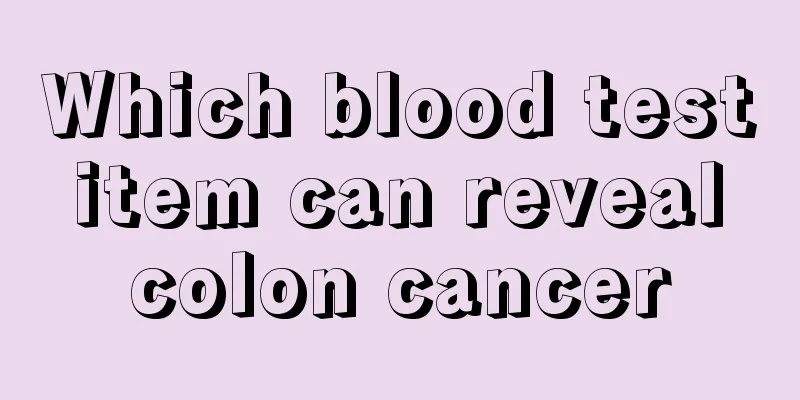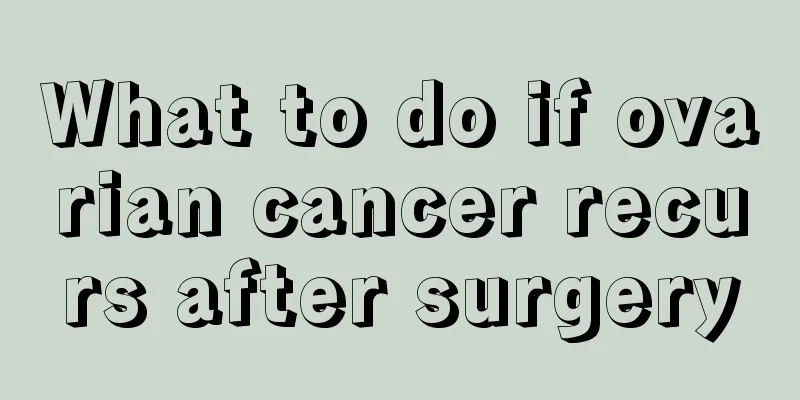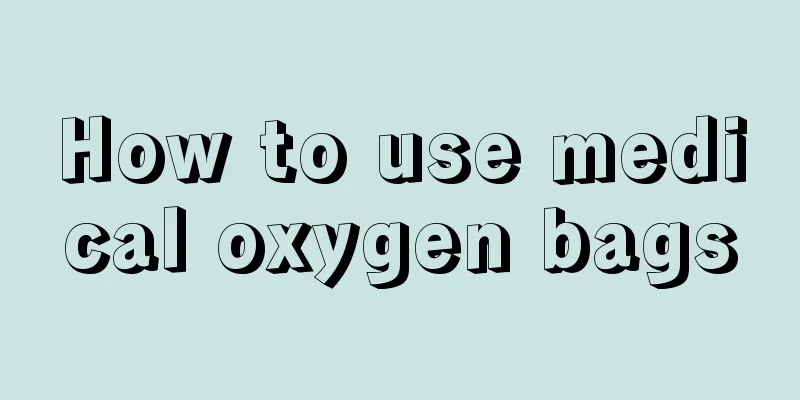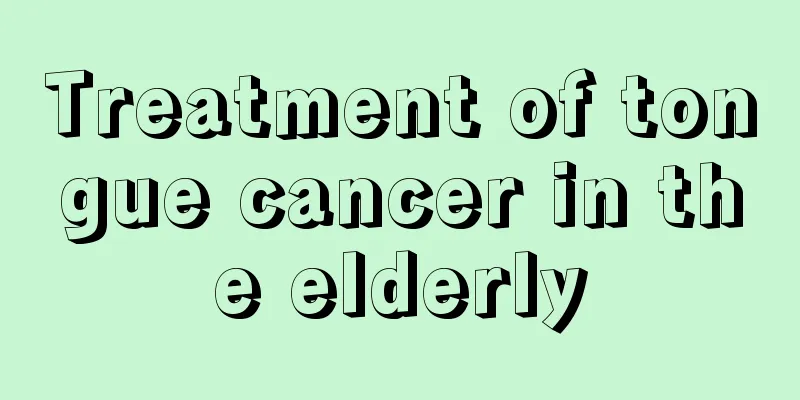What to eat before chemotherapy for liver cancer? Dietary requirements before and after chemotherapy for liver cancer
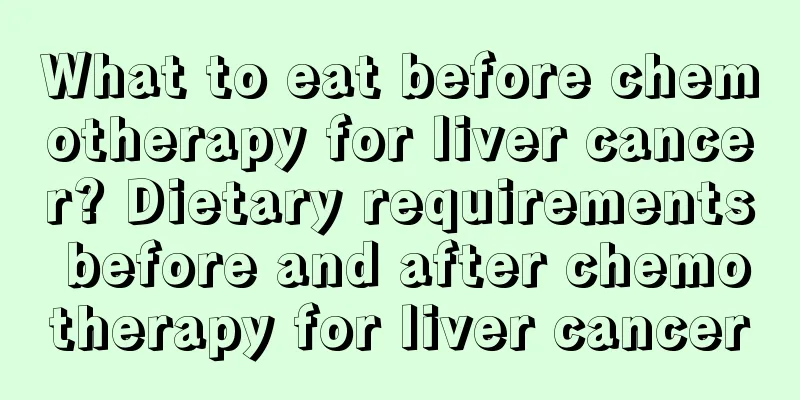
|
Before chemotherapy, it is advisable to eat more high-protein, low-fat foods, and some cold foods Drinking some cold juice after chemotherapy can help relieve discomfort Vomiting, dry mouth, bitter taste in the mouth... These are common symptoms for liver cancer patients after receiving hepatic artery chemotherapy. In order to avoid vomiting after chemotherapy, some patients began to reduce their diet more than 20 days before treatment. As a result, they became pale and thin due to hunger, and their physical strength decreased during treatment. On the other hand, some patients blindly eat greasy food and supplements before chemotherapy in order to enhance their resistance, which results in increased dampness and heat in the body, affecting the digestion and absorption function of the spleen and stomach, which is not conducive to the body's recovery after hepatic artery chemoembolization, and even induces biliary diseases and delays treatment. The reporter learned during the interview that transcatheter arterial chemoembolization (TAE) is one of the main non-surgical treatments for liver cancer, and many liver cancer patients will encounter it during treatment. So, how can we eat scientifically before and during this treatment, and use dietary conditioning to reduce the reaction to chemotherapy? The reporter interviewed Cao Yuhua, the head nurse of the Affiliated Tumor Hospital of Guangzhou Medical College. Preoperative: The diet should be "three highs and one low" "Three days before hepatic arterial chemoembolization for liver cancer, patients should start eating a light, easily digestible diet with the 'three highs and one low', namely high sugar, high protein, high vitamins and low fat." Cao Yuhua told reporters that because protein is the raw material for liver cell repair and regeneration, sugar provides energy, and vitamins can promote normal metabolism of cells, eating more is beneficial to liver protection. As for fried and greasy foods, they are more likely to damage the spleen and stomach and affect the digestive function. Eating too much will aggravate the condition. "Therefore, in clinical practice, we let patients eat more fresh vegetables, fruits, lean meat, eggs, milk and various soy products." It is worth noting that most patients with liver disease have a yang hyperactivity constitution, so they should avoid spicy and irritating foods. According to observations, after the injection of chemotherapy drugs and embolic agents during hepatic artery chemoembolization, patients often experience fever, bitter taste in the mouth, constipation, red tongue, yellow and greasy fur, slippery and rapid pulse and other damp-heat symptoms. "Therefore, we recommend that patients start eating some cold foods, such as bitter melon, winter melon, mung beans, cucumbers, etc., 3 days before the operation, and eat more high-fiber foods, such as celery, spinach, bananas, etc., to ensure smooth bowel movements." On the day of hepatic arterial chemoembolization, in order to reduce gastrointestinal reactions and prevent vomiting during the operation, the patient should fast 6 hours before the operation. After surgery: Drink some orange juice to relieve the burning sensation Patients with liver cancer often experience a burning sensation in the upper and middle abdomen after hepatic arterial chemoembolization. This is due to the inflammatory reaction caused by the reflux of drugs into the gastric and duodenal arteries. Therefore, it is crucial for patients to start eating. Cao Yuhua believes that if patients do not have obvious nausea and vomiting after surgery, they can be encouraged to eat liquid food as soon as possible and drink a small amount of cold boiled water or orange juice or lotus root juice. This can not only reduce the burning sensation of patients, but also prevent the occurrence of stress ulcers. "We have conducted a survey on 41 patients with immediate reactions to chemotherapy in the ward. After taking oral cold fruit juice, 7 patients reported that the burning sensation was significantly reduced, and 19 patients had improved symptoms." Six hours after chemoembolization, if the patient has mild stomach discomfort but no obvious nausea or vomiting, the patient can be given a light and easily digestible semi-liquid diet, such as noodles and vegetable porridge, but it is not advisable to eat nourishing foods to prevent the body from becoming more damp and hot. If there are obvious nausea and vomiting symptoms, the patient can be given ginger juice with warm water or ginger slices or plums in the mouth, and can be fed after the nausea and vomiting symptoms are relieved. Especially when the patient has just vomited, he should be allowed to rinse his mouth and rest for a while, and then encouraged to eat in small portions. Fever is one of the common side effects caused by necrosis and absorption of tumor tissue after embolization. It usually occurs on the second day after surgery and lasts for about a week. During this period, the food given to patients should be mainly cold, with more fresh vegetables and fruits, such as tomatoes, winter melon soup, bitter melon and mung bean soup, etc., and patients are encouraged to drink more water to speed up the excretion of toxins and achieve the effect of clearing heat, promoting dampness and reducing toxicity. Long-term conditioning: Replenish water and promote heat discharge As chemotherapy drugs damage the liver, 35 days after hepatic artery chemoembolization, patients often begin to experience an increase in serum bilirubin and transaminase. Traditional Chinese medicine believes that this is caused by dampness and heat in the liver and gallbladder, so the principle of clearing heat diet should be appropriately adjusted. In addition to eating more fresh vegetables and fruits, patients can be given red bean soup, corn silk and winter melon soup, barley porridge and watermelon juice. "These soups have the function of replenishing water and diuresis, which can accelerate the discharge of dampness and heat from the body through urine." At the same time, patients can be given chicken bone grass and snail soup, which can soothe the liver and gallbladder, remove dampness and jaundice, and clear heat and detoxify. In order to improve the patient's resistance, patients can be guided to eat some clearing and nourishing foods, such as soft-shelled turtle, black fish, wild duck, etc. |
Recommend
Traditional Chinese medicine treatment for bladder cancer
Bladder cancer can be divided into many categorie...
How to treat early cervical cancer
What is the best way to treat cervical cancer? Ce...
What are the sequelae of interventional surgery for testicular cancer
After suffering from testicular cancer, patients ...
What is the reason for a red pimple on the penis
In today's society, women who do not pay atte...
Why does my urine smell like rotten eggs?
Some people feel that their urine smells like rot...
What is the reason for no white crescent moon
Everyone should have noticed that there is a whit...
What causes cervical hypertrophy
When women suffer from chronic cervicitis, the st...
What are the functions of zinc oxide?
We have all renovated our homes, and I wonder if ...
Is there a swirl of hair on your back?
In daily life, the sweat hair on our back is gene...
Mouth bloodshot and yellow
When your gums bleed, red blood will appear in yo...
Is it normal to peel off the skin after using medicine to remove spots
Although laser freckle removal surgery is the mos...
What are the hazards of excessive manganese to the human body
I believe that many of my friends don’t know much...
What are the treatments for bladder cancer?
How to treat bladder cancer? The bladder is where...
How to correct children's strabismus
For the eyes, in addition to myopia, strabismus i...
What causes bone cancer
In recent years, bone cancer has become one of th...
